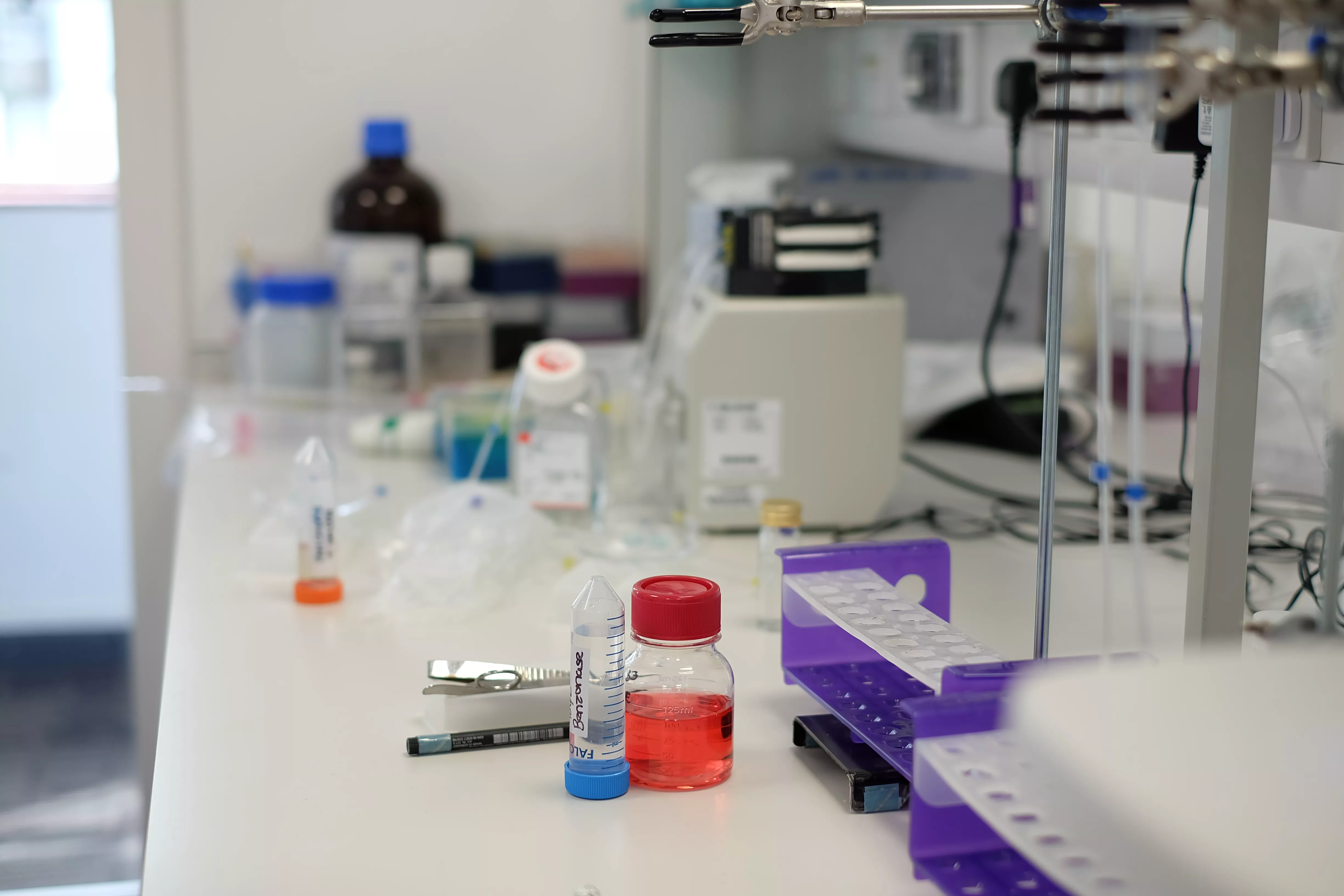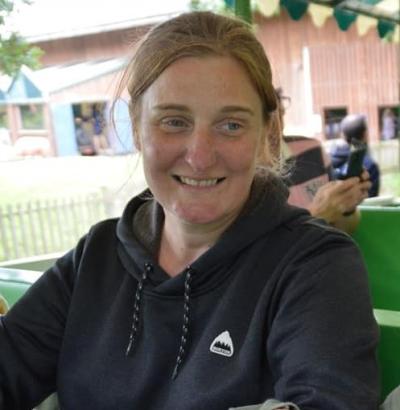
Each year we invest over £6 million into all kinds of new research, investigating everything from the root causes of diabetes to its complications. Now let’s shine the spotlight on a project that’s just underway.
Dr Catherine Arden is a Lecturer in Diabetes at the University of Newcastle. With our funding she’s investigating why toxic molecules can stop insulin-making beta cells from working properly in people living with type 2 diabetes.
Dr Arden said:
"My interest in diabetes began during my undergraduate degree in Biomedical Science and was largely stemmed by a very enthusiastic lecturer during my time at Hull University. I was, and remain, fascinated by how the cells in the body work together to control blood glucose levels so effectively, and was even more intrigued to understand why these processes become disrupted in type 2 diabetes."

Preventing toxic molecules in type 2 diabetes
Beta cells in the pancreas release insulin when they sense rising blood sugar levels. But for people living with type 2 diabetes, this process doesn’t always work properly, so their beta cells don’t work as well and may even die.
In the beta cells of people with type 2 diabetes, there’s a higher amount of toxic molecules called reactive oxygen species, or ROS. Scientists think this might be one of the reasons why their beta cells go wrong, but they don’t fully understand why ROS levels rise. But a set of proteins called NAPDH oxidases, or NOXs, might be behind this.
Dr Arden said:
"Our laboratory focuses on understanding why the beta cells stop releasing enough insulin to control blood sugar levels in type 2 diabetes. In our current Diabetes UK funded project, we are asking whether NOXs are involved."
Dr Arden explained:
"We've been fortunate that our PhD student Alisha Gibbs has hit the ground running with our new project, so things are going pretty well so far. This project is in a slightly new area for our lab, so we are working closely with researchers from Monash University in Australia who are experts in NOX proteins, and they have given us some excellent advice and support.
"Alisha is working to develop a new way to keep human pancreatic tissue alive within the laboratory so that she can use this system to answer some of her key research questions. We've now got everything in place, and Alisha is starting to run these experiments, so hopefully we'll have some exciting data to share soon."
Tackling challenges
But it's not always plain sailing. Dr Arden said:
"Of course, often things don't turn out as we predict but this is where things get even more exciting. Then we have to come up with new ways of testing our ideas or sometimes have to think up completely new concepts."
Dr Arden talked us through some of their next steps, and her hopes for the future:
“NOX proteins have already been shown to be involved in the development of diabetic kidney and eye disease, so it seems logical that they may also be involved in beta cells going wrong in type 2 diabetes too.
"This work is important because drugs that target the NOX proteins have been developed and are being explored as potential new treatments to prevent complications of diabetes. It may be that these same drugs could also benefit beta cell function.
"I see our research as a small part of a jigsaw, but an important part and we work hard every day to add to this huge puzzle to prevent, treat, or even cure type 2 diabetes."
We asked Dr Arden what motivates her to work on her research every day:
"My 9-year-old daughter asked me something similar the other day, although it was more along 'how do you not get bored doing the same thing every day at work' and my answer was that no two days are the same. I love that every day is different. You never know which challenges are going to pop up each day and I will never tire of those breakthrough moments when you finally get the key results that prove that the idea you've been working on for the past five or so years is correct."
Outside the lab
Dr Arden is just as busy when she’s not in the lab. She said:
"In my other life, I am a mammy to two girls, aged 9 and 6, so my non-working time is filled with copious crafting sessions, many outdoor adventures and escaping for weekends away in our caravan. But often, I'm really just a taxi service for their many extra-curricular activities.
"When I do get some free time, I like to be outdoors - walking, running, paddleboarding, or even just pottering in the garden."
Dr Arden’s thankful to the many supporters of Diabetes UK. Your donations and time allow her to find answers to crucial questions in diabetes research, and to make sure her research centres on what matters most to people living with diabetes.
"The funding we receive from Diabetes UK has been invaluable in setting up our research group here in Newcastle, and we are very grateful to all supporters and fundraisers who support our research. We have strong connections with our local Diabetes UK group in Gateshead, and discussing our research with this group during our annual visits reinforces the importance of patient involvement in our studies."
Find out more about the research projects we’re funding here.
